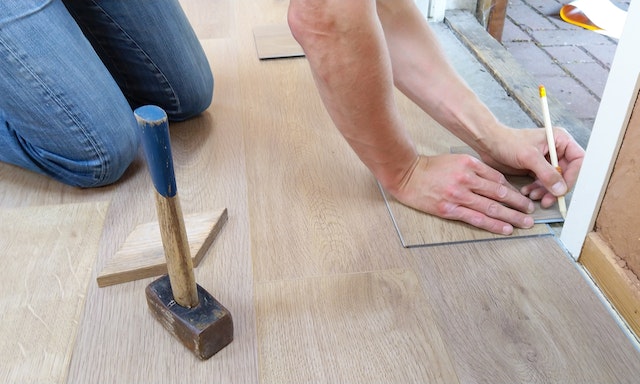When choosing commercial flooring, it is important to consider the functions of the spaces you are looking to design. The style can also help to reflect your business.
Lastly, you want to find a contractor with experience in your specific type of project. This will give you the best results.
Cost
When choosing commercial flooring Manhattan, NY, the cost is one of the most important factors. Different materials have different prices, and labor costs vary significantly from contractor to contractor. This means that the final cost of your flooring will be based on your budget and specific business needs.
For example, a retail store will need a durable floor that can withstand high foot traffic and heavy use. On the other hand, a healthcare facility may require soft, eco-friendly flooring that can be easily cleaned and sanitized.
There are many options for commercial flooring, including concrete, epoxy floors, carpet, and vinyl. Each of these has its pros and cons when it comes to cost.
Durability
Commercial flooring must withstand high traffic, unexpected spills, and impacts. Depending on the space, it may also need to meet specialized needs such as acoustic properties or thermal shock resistance.
Durable commercial flooring can be as simple as laminate or vinyl and more complex as a wood-plastic composite (WPC) floor. WPC floors feature hardcore and offer a range of design options that suit boutiques, cafes, and some offices. They withstand heavy traffic and are easy to clean and maintain.
Other durable flooring options include epoxy and urethane, which resist harsh cleaning chemicals, abrasions, and impact damage. Epoxy is a great option for warehouses, loading docks, and production plants. It can be used with industrial cleaning solutions, while urethane has improved chemical resistance and abrasion-resistant surfaces ideal for R&D labs, breweries, and hospitals. A concrete contractor can help weigh the pros and cons of each type of flooring to ensure that it will suit your business.
Maintenance
While all flooring needs regular cleaning, the frequency and depth of cleaning can significantly differ between various commercial floors. For example, vinyl is resistant to heavy foot traffic and requires little more than occasional mopping to keep it looking good. Conversely, the carpet must be vacuumed regularly to avoid dirt accumulation and unpleasant odors. Concrete flooring is naturally porous, but its sealant helps resist damage from spills. It still requires immediate cleaning of spills to prevent staining and etching.
Ultimately, your facility’s needs will determine the best flooring type and cleaning requirements. Salons and spas need durable flooring that evokes an inviting ambiance, while hospitals require strong, sturdy floors that stand up to moisture, dirt, and constant use. Understanding your facility’s ebbs and flows of activity will also help you map efficiencies into your maintenance schedule. For instance, performing high-traffic floor work while the facility is not open or during off hours is best to minimize disruption.
Sustainability
Flooring is a large component of any building or commercial space. It can be a major contributor to indoor air quality and overall look. It can also influence the cost of maintenance and replacements over time. Sustainability requirements are key when choosing the right material for your business.
Many sustainable materials are more durable than traditional options and can withstand heavy foot traffic without showing wear and tear. This helps to minimize the amount of new materials that need to be replaced. Moreover, some materials offer advantages such as being water resistant, which can help reduce the risk of slips and falls in wet areas. Other benefits of green flooring include reducing noise levels, which can significantly benefit businesses like restaurants that cater to customers with allergies and asthma.
